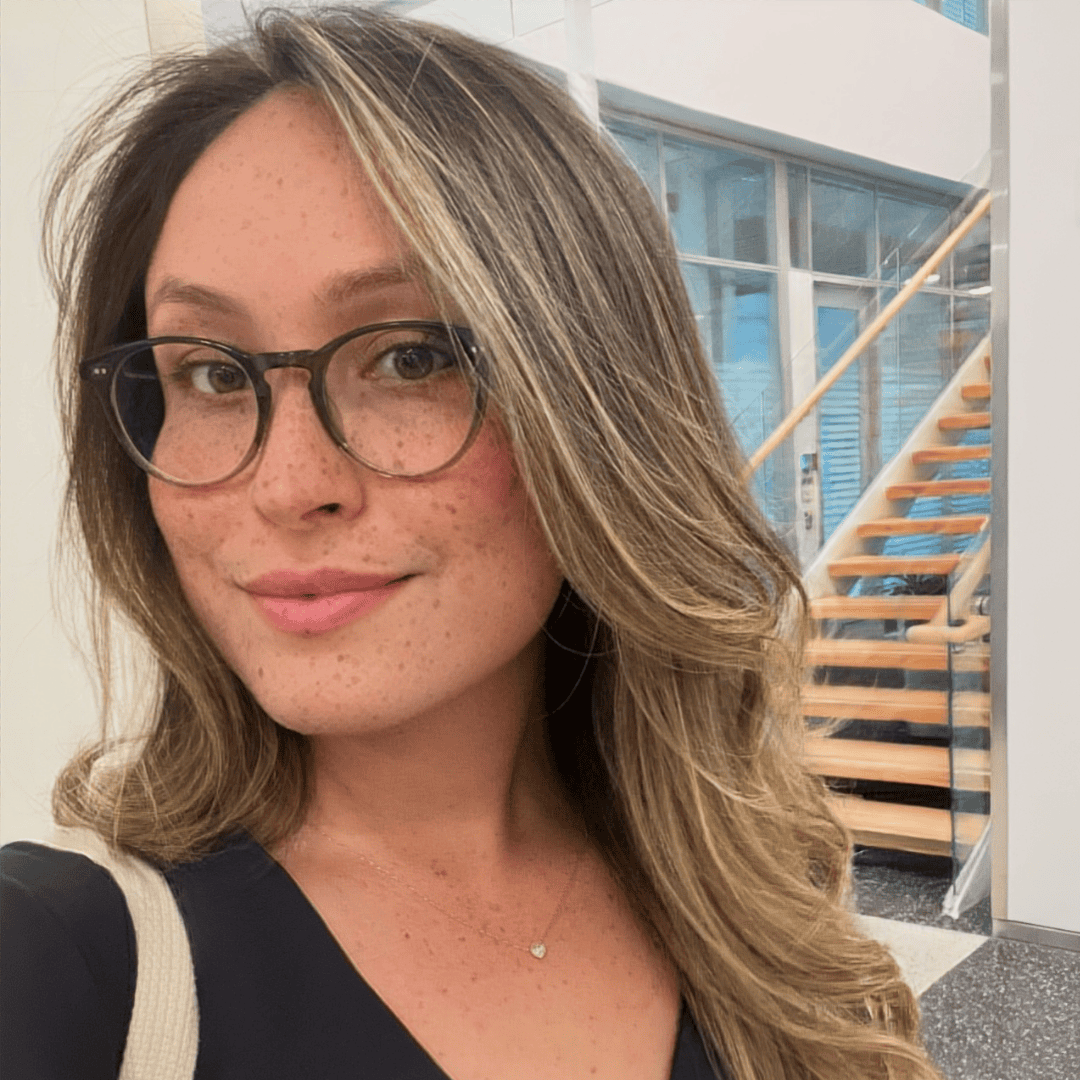Joanna Quintero was born and raised in Queens, where she regularly witnessed the community’s struggles with health care access. As a caretaker for both her parents, she was no stranger to those challenges, whether she was advocating for them as patients or finding the best doctors under Medicare and Medicaid. Given her personal and familial experiences, she always planned on a career in the medical field, obtaining a BS in clinical laboratory science from Hunter College in 2015. When her father passed away in 2022, she knew she wanted to continue caring for others in the same way she does for her family. The MS in Health Policy and Economics program at Weill Cornell Medicine (WCM) provided the ideal foundation for that path.
Joanna decided the program was right for her after attending an open house. At the event, Dr. Mark Unruh, associate professor of population health sciences and program director for the MS in Health Policy and Economics program, discussed his research on nursing homes, focusing on morbidity rates and the costs of publicly versus privately funded nursing homes.
“When my dad had a stroke and had to be placed in sub-acute rehab, we couldn’t get him into the facility we preferred because there was no room,” Joanna explained. “He had to be in the next available facility, which we knew was in bad condition. [The open house] felt serendipitous; what were the odds that I would meet Dr. Unruh, who was speaking about my exact experience?”
As Joanna began her master’s, the connections between her coursework and her personal and professional life became increasingly apparent. Having volunteered with the South Bronx Community Health Leaders, a program that assists minority students entering the medical field, she was especially passionate about her course on policymaking and political strategy. Taught by Samuel Solomon, instructor in population health sciences, and executive director of strategic policy initiatives at the Office of External Affairs at the NYC Department of Health and Mental Hygiene, the course deepened her understanding of how policymaking affects Medicare, Medicaid, and the overall health care delivery system.
Similarly, she enjoyed her course on cost-effectiveness analysis, taught by Dr. Ali Jalali, assistant professor in population health sciences, which explained the data-driven rationale behind the treatments and care that people receive. Throughout her courses, Joanna also completed projects that resonated with her deeply, whether it was her capstone on improving Medicaid for children or an executive summary on end-of-life care.
For the duration of the program, Joanna worked full-time at the Mount Sinai Health System as a clinical laboratory technologist and volunteered with the Einstein Community Health Outreach (ECHO) Free Clinic as a clinical interpreter for uninsured patients. She is continuing her career as a clinical laboratory technologist and is eager to leverage skills from her master’s when she applies to medical school in the future. Upon graduating in 2025, she accepted a position as a teaching assistant alongside Dr. Jiani Yu, assistant professor in population health sciences, who teaches a course on health services research in the program.
Joanna's commitment and contributions to the health care field were recognized via the 2025 Healthcare Impact Award, which she received at her convocation. “I had a lot of imposter syndrome going into this,” said Joanna. As a first-generation college student, she was concerned about her ability to fit into the program. Nonetheless, Joanna identified both professors and students in the program who became her support system. “To be recognized in this capacity was so unexpected. It was all for my father; I felt like I had his presence throughout it all.”


